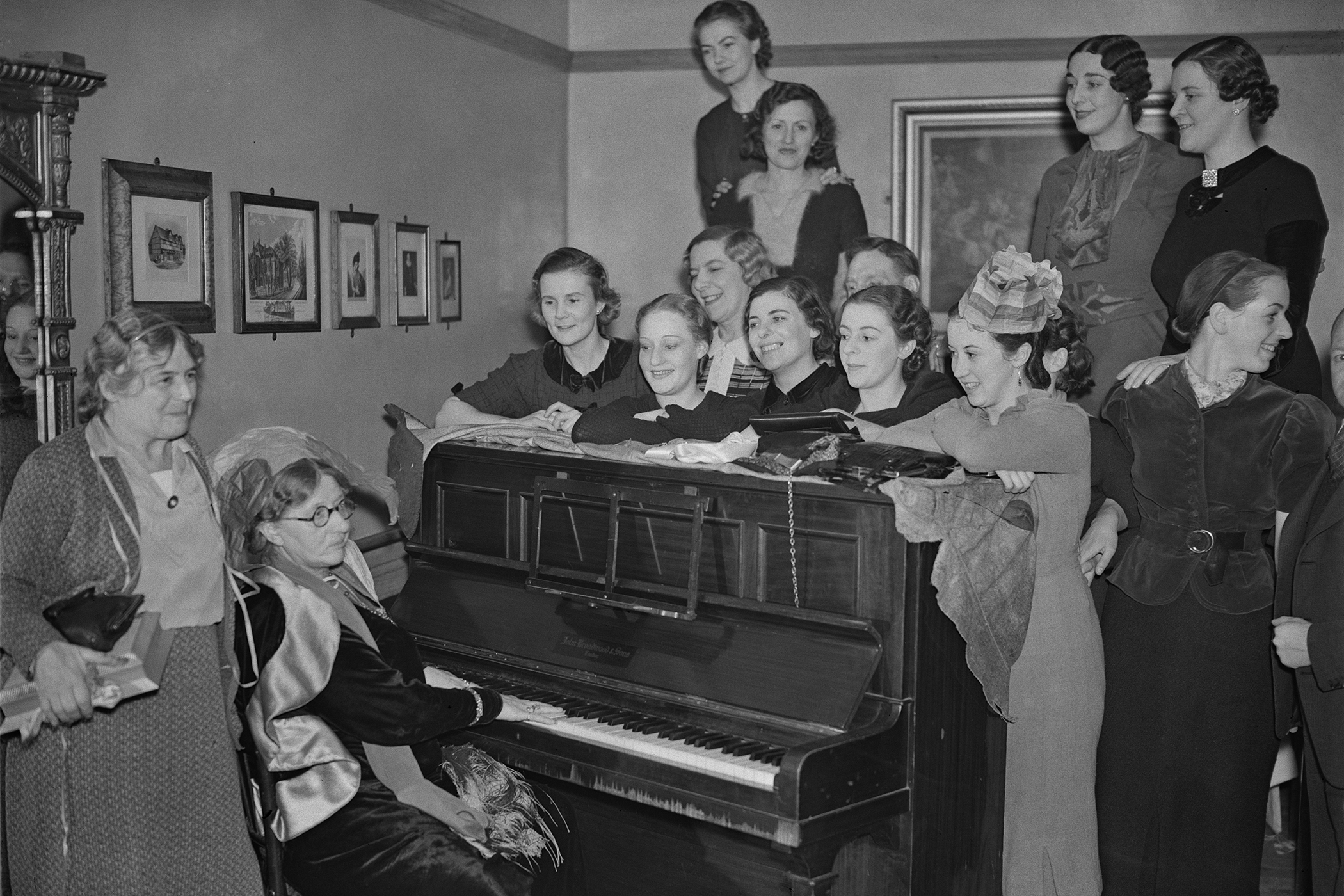“Opera and ballet will be at the heart of the culture of many people who live in London and the south of England,” former Conservative minister Jake Berry (now a member of Reform UK) once told parliament. “But for many of us in the north it is our local football club – our Glyndebourne, Royal Ballet, Royal Opera House or Royal Shakespeare Company will be Blackburn Rovers, Accrington Stanley, Barrow, Carlisle or Sunderland.”
Football is immensely important in many people’s lives. Clubs play a huge role in the social life of small towns (not just in the north), providing both a sense of civic pride and a kind of collective hope or aspiration. Yet, the contrast between opera-loving southerners and football-worshipping northerners plays to some of the basest stereotypes about the working class and about culture.
Studies such as Jonathan Rose’s magnificent The Intellectual Life of the British Working Classes and Edith Hall and Henry Stead’s equally exceptional A People’s History of Classics have revealed the hidden histories of the significance of music and literature to working-class lives.
Now, Alexandra Wilson’s new book, Someone Else’s Music, unpicks the myth that opera is alien to the working class. For much of the past century, Wilson shows, opera was a hugely important thread in working-class lives. Writing in 1934, with Britain still in the grip of the Depression, the conductor John Barbirolli observed that when opera companies toured the country, ordinary people packed the pits but “the wealthier people … are too often conspicuous by their absence.
“The British upper classes today,” he snorted, “have little use for culture of any kind.”
After the first world war, theatre producer Lilian Baylis turned the Old Vic in south London into a theatre and opera house for working-class people, ensuring the cheapest tickets would cost no more than a pint of beer. It was packed out nightly. Baylis later did much the same with Sadler’s Wells theatre, much to the disgust of opera snobs, one of whom complained: “There are no boxes.”
Middle-class gatekeepers who define what is relevant have no grasp of history
Middle-class gatekeepers who define what is relevant have no grasp of history
In 1946, the San Carlo opera company performed in Covent Garden, before spending almost a month playing to a very different audience – at Butlins, first in Filey and then Skegness. So popular was opera among working people that the “highbrows” treated it with contempt as being insufficiently intellectual. The working class comprised not just a mainstay of the audience but of performers, too. A recent study of British opera singers between 1850 and 1960 suggested that 41% came from working-class backgrounds. Virtually none came from the most privileged circles.
Today, much of that working-class culture has not just slipped away but also been lost to memory. It is partly the result of the changing relationship between the state and the arts. Thatcherite free market ideology of the 1980s combined with New Labour’s stress on “social impact” both to commodify the arts and to instrumentalise it – the worth of any work of art lay not in the work itself but in its capacity to promote economic growth, urban regeneration and, most importantly, “social inclusion”.
Related articles:
It is also the story of the transformation of the working class itself. The old relationship of workers to the arts was shaped by collective organisations and movements that allowed ordinary people to enter a cultural world denied them by their class and education. Some were formal organisations such as choirs, brass bands, music clubs and libraries. And some were informal networks. The Welsh miner Robert Morgan, who later became a poet and printmaker, tells in his memoir My Lamp Still Burns of workers in his village regularly meeting at the home of one, Jeff, to listen to his collection of classical recordings. It liberated them from being “colliers doing menial and dangerous jobs in the bowels of the earth”, and turned them into “privileged human beings exposed to something extraordinary”.
The devastation of working-class communities over the past decades, and the disintegration of collective organisations, has broken these traditions. The autodidact movement “disappeared with the factories”, in Rose’s melancholic observation. Also transformed have been perceptions of class distinctions. The “elite” has become a description of what a generation ago many would have called the “ruling class”. The shift in terminology expresses the way that class cleavages are now understood less in terms of economic power than of cultural difference. It’s a shift that necessarily reconfigures how people view art and class, not least by emphasising the elite, exclusive nature of high art.
Newsletters
Choose the newsletters you want to receive
View more
For information about how The Observer protects your data, read our Privacy Policy
Where once there was a yearning to be “exposed to something extraordinary”, today politicians and arts administrators are besotted by the notion of “relevance”, of the arts as something with which people must immediately identify or recognise. “Disaffected teens with terrible lives do not want to be studying Dickens and Shakespeare,” Wilson quotes a teacher as insisting. “Why not study literature that is relevant to their lives?”
Hidden here is the assumption that ordinary people are unable to grasp anything challenging or complex. It is a wretchedly patronising claim imposed upon working-class people by middle-class gatekeepers who define what is “relevant” and have no grasp of working-class history. The same kind of gatekeepers that deprecate humanities degrees as irrelevant to people’s lives, as Kemi Badenoch did last week. Or who contrast football to opera, as if people are incapable of appreciating both. What is really elitist, as the late composer Peter Maxwell Davies observed, is “to pretend that the working class is not capable of understanding the best of the arts”.
Photograph by A. Hudson, Hulton/Getty



